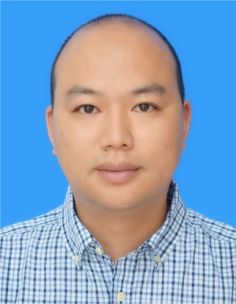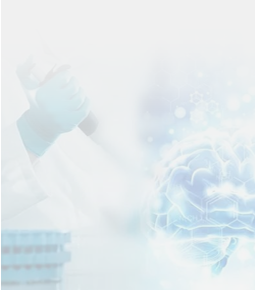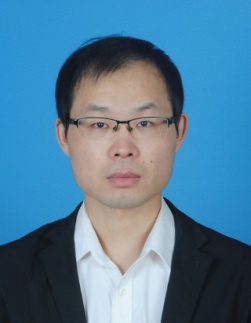Team

Bing Li, Principal Investigator
Email: bingli-cal@shsmu.edu.cn
Research Focus: Regulation of Behavior and Perception
Education
2009 - 2014: Ph.D., Huazhong University of Science and Technology
2005 - 2009: Bachelor’s Degree, Huazhong University of Science and Technology
Professional Experience
2024 - Present: Principal Investigator, Songjiang Research Institute of Shanghai Jiao Tong University School of Medicine
2018 - 2024: Researcher Specialist, University of California, Berkeley / Howard Hughes Medical Institute
2014 - 2018: Postdoctoral Researcher, University of California, Berkeley
Biography of the Principal Investigator
Dr. Bing Li is a researcher and Ph.D. supervisor who graduated with a Bachelor’s and Ph.D. from Huazhong University of Science and Technology. Dr. Li completed postdoctoral training at the University of California, Berkeley / Howard Hughes Medical Institute and joined the Songjiang Research Institute of Shanghai Jiao Tong University School of Medicine in 2024. Research outcomes have been published as first or co-first author in top international journals such as Cell, Nature Neuroscience, and PNAS.
 Bing Li
Bing Li
Consciousness is the subjective experience and perception of both external and internal phenomena and serves as the basis for cognition and behavioral execution. However, the mechanisms underlying consciousness generation in the brain remain unclear. Levels of consciousness are influenced by states such as sleep/wake, anesthesia, and coma. Therefore, studying the mechanisms of sleep/wake cycles and anesthesia can provide insights into the nature of consciousness.
Our research team utilizes whole-brain functional ultrasound imaging, in vivo two-photon imaging, wide-field imaging, fiber photometry, circuit tracing, electrophysiological recording, behavioral analysis, optogenetics, chemogenetics, pharmacology, and computational biology to study topics in sleep/wake regulation, consciousness perception, and behavior modulation. Our specific areas of focus include but are not limited to the following:
Mechanisms of sleep/wake regulation and physiological functions;
Neural circuits and molecular mechanisms of perception regulation across states of consciousness (such as general anesthesia);
Neural circuits of other instinctive behaviors and their associated disorders.
-
Bing Li#, Chenyan Ma#, Yun-An Huang, Xinlu Ding, Daniel Silverman, Changwan Chen, Dana Darmohray, Lihui Lu, SiqiLiu, Gabriel Montald, Alan Urban, Yang Dan*. Circuit mechanism for suppression of frontal cortical ignition during NREM sleep, Cell, 2023, 186(26): 5739-5750

-
Chenyan Ma#, Bing Li#, Daniel Silverman, Xinlu Ding, Anan Li, Chi Xiao, Ganghua Huang, Kurtresha Worden, Sandra Muroy, Wei Chen, Zhengchao Xu, Chak Foon Tso, Yixuan Huang, Yufan Zhang, Qingming Luo, Kaoru Saijo, Yang Dan*. Microglia regulate sleep through calcium-dependent modulation of norepinephrine transmission, Nature Neuroscience, 2024, 27(2): 249-258

-
Bing Li, Thao Phuong Nguyen, Chenyan Ma, Yang Dan*. Inhibition of impulsive action by projection-defined prefrontal pyramidal neurons, PNAS, 2020, 117(29): 17278-17287

bkly_ca@163.com









 Location:
Location:
